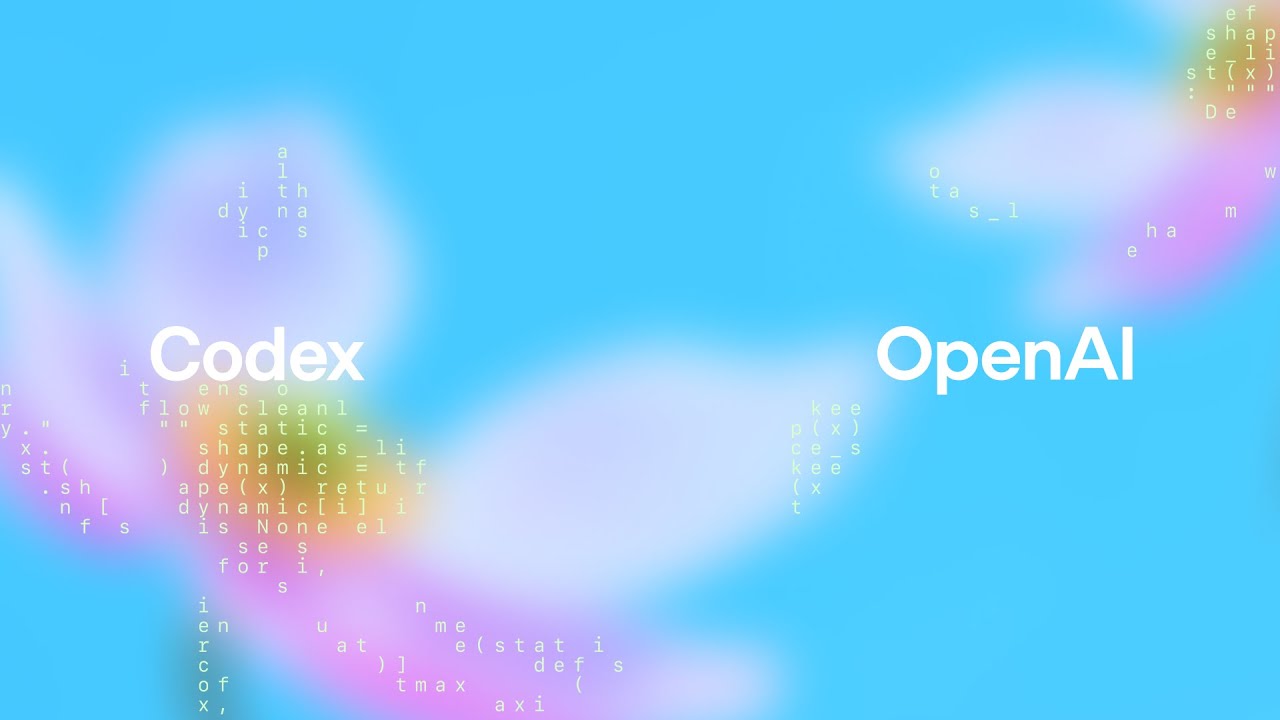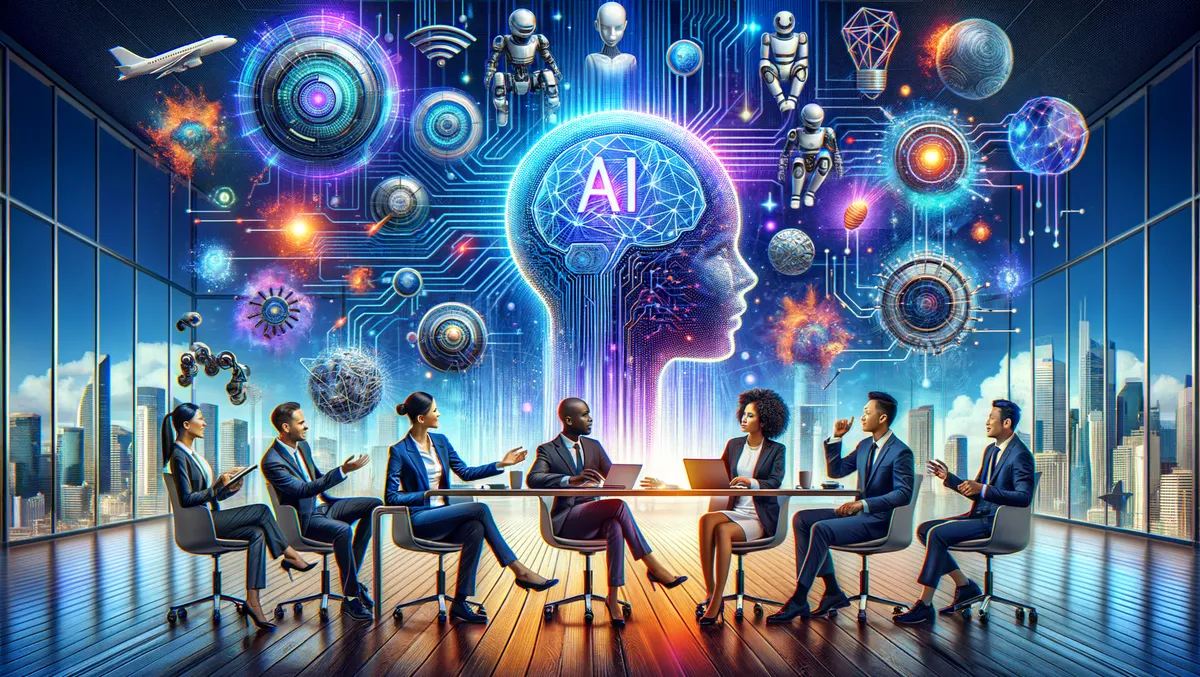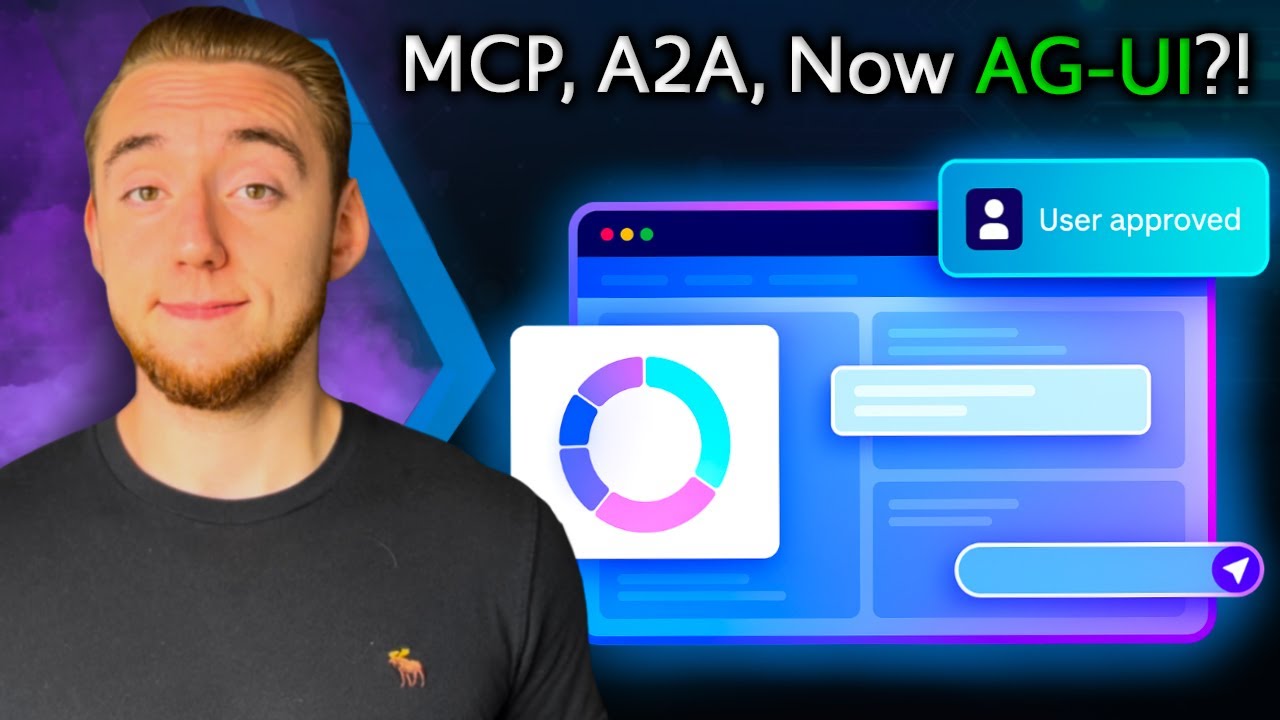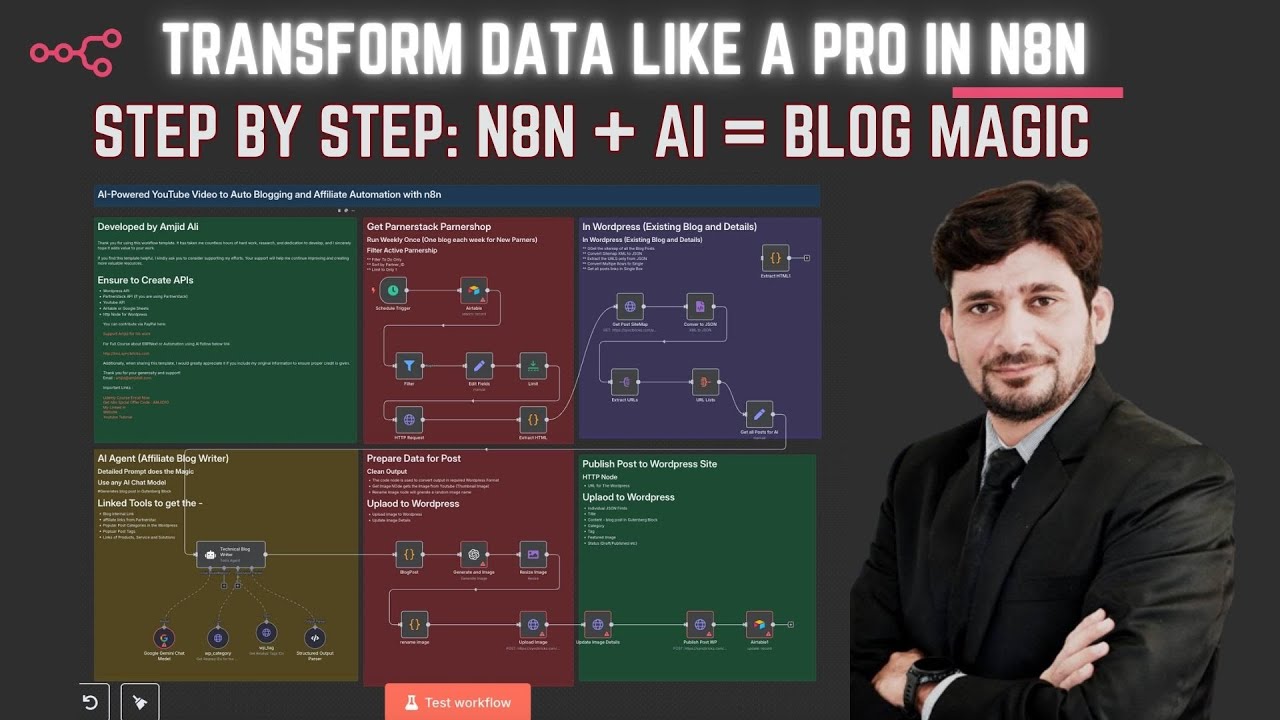
Software engineering is evolving rapidly, and by 2025, it is set to undergo fundamental changes. OpenAI’s recent research preview of Codex integrated into ChatGPT showcases a revolutionary AI-powered approach to software development that promises to accelerate coding processes, improve code quality, and redefine how developers interact with their codebases.
Introducing Codex in ChatGPT
OpenAI first introduced the Codex model in 2021 as an AI system capable of “vibe coding,” offering intelligent autocomplete and code generation. Today, this innovation has advanced into a new system: a remote software agent running multiple parallel tasks on OpenAI’s compute infrastructure. This system allows developers to delegate various coding tasks to autonomous AI agents that work asynchronously on real-world production codebases.
How Codex Works: The Power of Autonomous Task Execution
The Codex system runs directly within your software repository environment on the cloud, enabling it to handle many coding tasks concurrently. Whether it’s explaining the codebase to newcomers, finding and fixing bugs, or proactively suggesting improvements, Codex agents function as AI co-workers that speed up development cycles and improve code maintainability.
Each task runs in its isolated microVM sandbox, complete with CPU, memory, network policies, and custom environment variables. Unlike conventional tools, Codex agents navigate the codebase autonomously, write and execute code, run linters and tests, and verify outputs to ensure quality and consistency.
Benefits of Using Codex in Software Engineering
- Parallel Task Automation: Run multiple coding tasks simultaneously on cloud infrastructure.
- AI-Powered Code Understanding: Codex understands comments, coding style, and test coverage for meaningful contributions.
- Improved Code Quality: Automatic bug fixing, typo corrections, and consistency enhancements.
- Seamless Integration: Works with user repositories and environment configurations, supporting commit hooks and linters.
- Scalability: On-demand scaling from single agent to thousands, enabling powerful AI-assisted development.
- Enhanced Developer Productivity: Reduces manual handholding and context-switching, allowing developers to focus on high-level tasks.
Real-World Applications and Demo Highlights
During the demo, Codex showcased its ability to handle complex bug fixes and generate tests that not only identify issues but also verify that they are resolved. It autonomously prepares commits, explains changes with detailed summaries, and runs the corresponding tests with pass/fail reports, making code review transparent and trustworthy.
One impressive feature is Codex’s interpretability; it provides clear citations for the code it modifies and aligns its output with project guidelines specified in agents.mmd files. This fosters trust and improves collaboration between developers and AI agents.
Tools and Best Practices to Enhance Your Codex Experience
- Set Up Linters and Formatters: Easily integrated into your projects to maximize Codex efficiency.
- Maintain Modular and Testable Code: Codex thrives in well-structured codebases with comprehensive test coverage.
- Use
agents.mmdfor Configuration: Provide detailed instructions and guidelines for agent behavior and coding standards.
Related Resources and Further Reading
- Ultimate RAG MCP Server AI Coding – Explore further AI coding tools and approaches.
- AI Job Opportunities & Future Trends – Understand how AI is transforming the software engineering landscape.
- OpenAI Recruitment Tools – Insights on AI applications beyond coding.
Conclusion: The Future of AI-Driven Software Development
OpenAI’s Codex integration in ChatGPT presents a glimpse into the future of software engineering — a future where AI not only assists but autonomously executes complex development tasks across scaled environments. By adopting these AI capabilities, developers can experience significant boosts in productivity, code quality, and innovation speed.
Stay tuned as OpenAI continues to refine Codex, expanding its availability to more users and integrating it deeper into development workflows. The age of intelligent, autonomous coding agents is here, reshaping how software is built.





